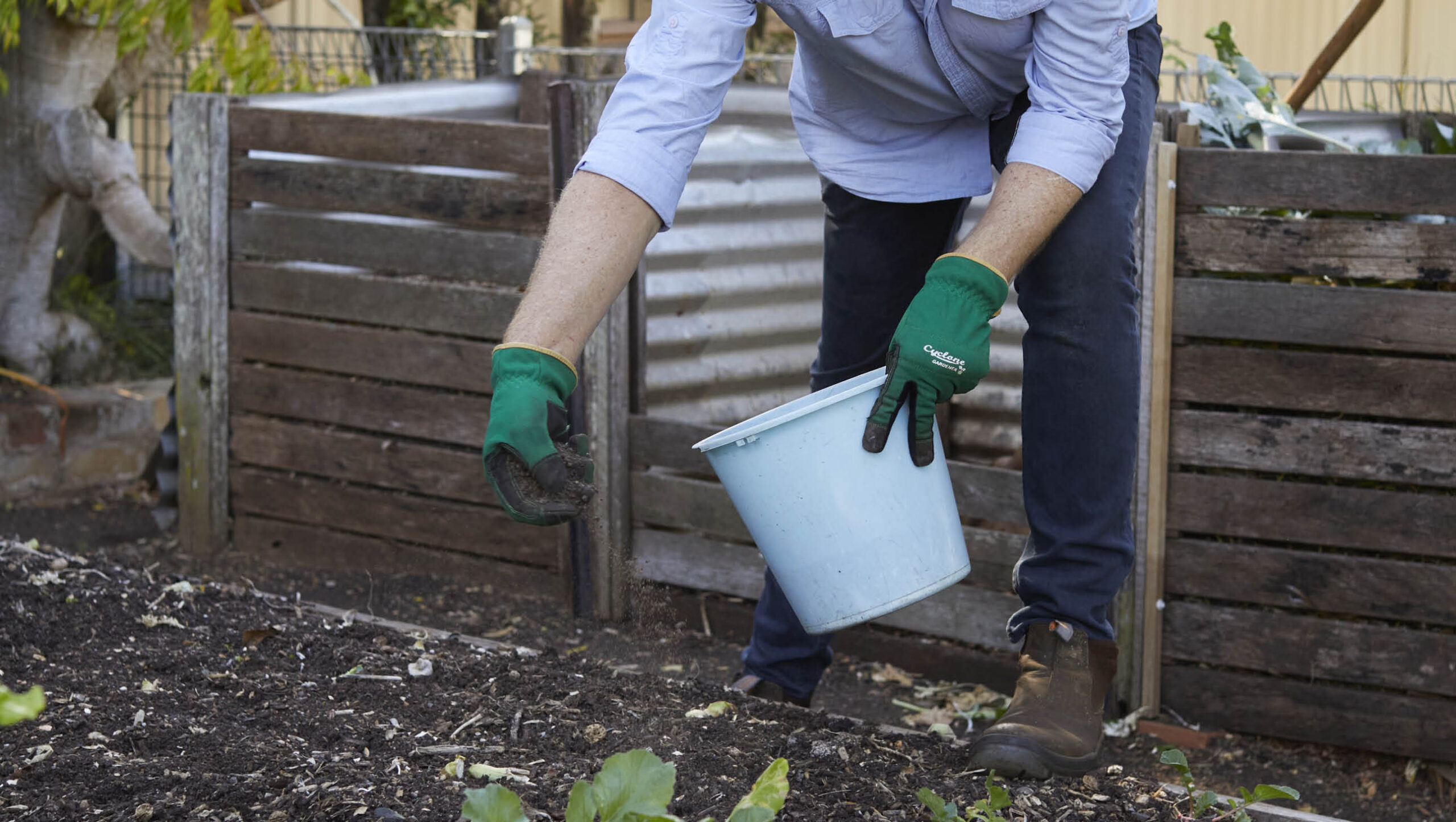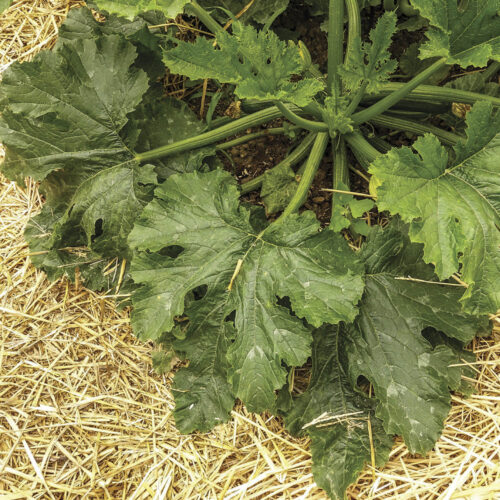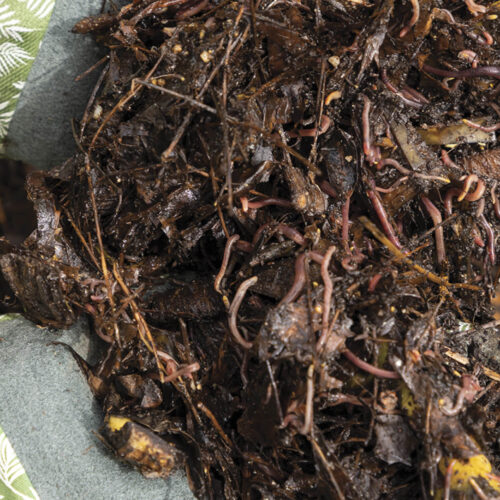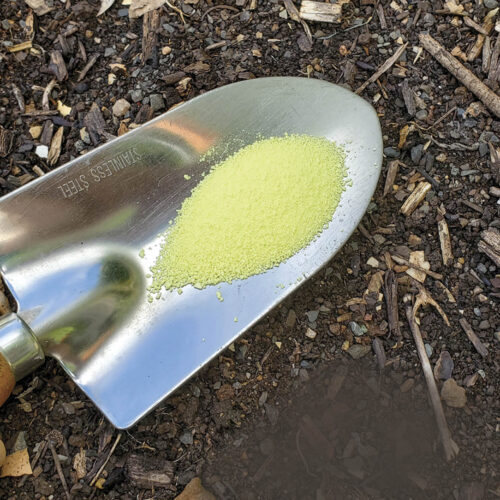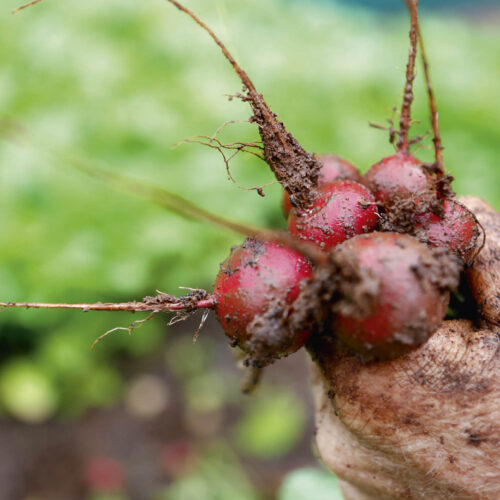Which manure is best?
2024-04-23T04:50:33+10:00
Asking yourself whether chook poo or that bag of horse manure a friend has offered you for free is what you need? Consider these points first.
A common question that gets asked is which manure is best? My answer is, generally, whichever one you can get your hands on… grab it and use it! Any herbivore manure makes a great soil conditioner that will also add valuable nutrients (avoid carnivore manure which contains bacteria and pathogens that can be harmful to humans). If you keep chooks or have a few cows in the paddock, you’re sitting on a gardener’s gold mine!
If you’re lucky enough to have multiple options, this run-down of benefits (and drawbacks) may help you decide on the best poo for you. And of course, if you are in an urban area where access to farm manures is difficult, there are many organic options on the market, including combinations with compost or seaweed products – check labels.
Chicken and other poultry Good source of nutrients. Very concentrated so use sparingly.
Cow Contains very few weed seeds. Low in nutrients.
Horse Stable manure from grain-fed stock has fewer weed seeds than paddock fed. Freshly wormed horses may affect garden worms.
Sheep, goat, alpaca Convenient pellet shape makes it easy to broadcast. Non-volatile – can be used safely and immediately, though slow to decompose. May contain weeds.
Cow, horse and poultry manure may contain high levels of ammonia, which can burn plant roots. If you have gathered fresh manure, it’s best to compost it before applying to the garden. Mix with equal volume of dry material such as straw, leaves and dry grass clippings and allow it to break down for about six weeks. Always wear gloves when handling manure, and wash hands thoroughly afterwards.
There’s heaps more information about the best way to keep your soil healthy in our Early Winter 2024 issue (OG 149). It’s easy to subscribe — just head here and get a copy delivered to your door!

